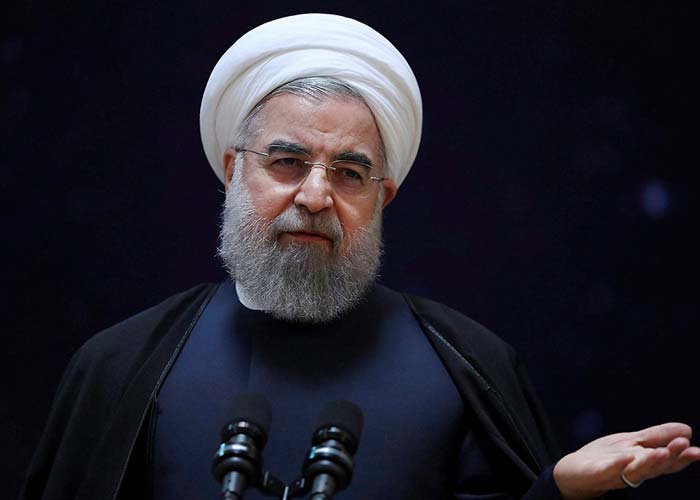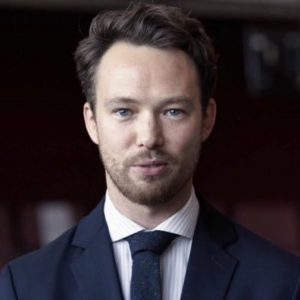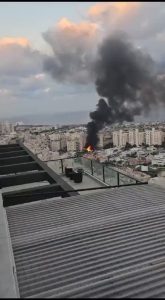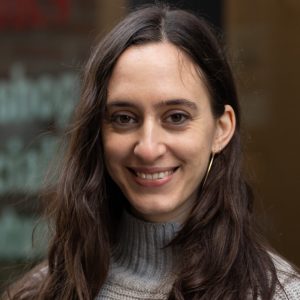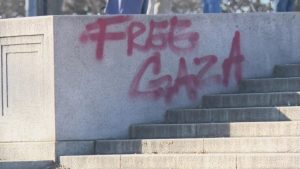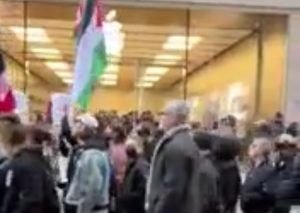Iran on Saturday rejected “false accusations” by
the UN rights chief on protests over water shortages in the country’s
southwest, where at least four people have been killed since last week.
UN rights chief Michelle Bachelet on Friday had asked Iran
to address the chronic water shortage in Khuzestan, Iran’s main oil-producing
region and the wealthiest of the country’s 31 provinces, instead of cracking
down on protesters.
“Shooting and arresting people will simply add to the
anger and desperation,” she said, adding that the “catastrophic”
situation had been building up for many years.
Khuzestan has been gripped by drought since March, with
protests erupting in several towns and cities since July 15
Iranian media and officials have said at least three people
have been killed, including a police officer and a protester, accusing
“opportunists” and “rioters” of shooting at demonstrators
and security forces.
State television said a fourth person was killed on Thursday
and two wounded during “rioting” in the western province of Lorestan,
where it said people had taken to the streets “on the pretext of the water
problems in Khuzestan”.
Iran’s foreign ministry spokesman Saeed Khatibzadeh said
Saturday that Bachelet’s comments “on the recent events in Khuzestan (are)
regrettable”, decrying “false accusations and incorrect
information”.
The rights chief had failed to consider the government’s
“great efforts” to “relieve the suffering of the
population”, Khatibzadeh said in a statement, adding that this
demonstrated the “political” character of the declaration.
President Hassan Rouhani on Saturday said that “despite
the action, certain problems in Khuzestan province must still be quickly
resolved”, adding that people had “the right to protest” against
the situation.
Human rights groups abroad have accused Iran of using
unlawful and excessive force to quell the Khuzestan protests and have cited a
higher death toll than that reported by Iranian media.

